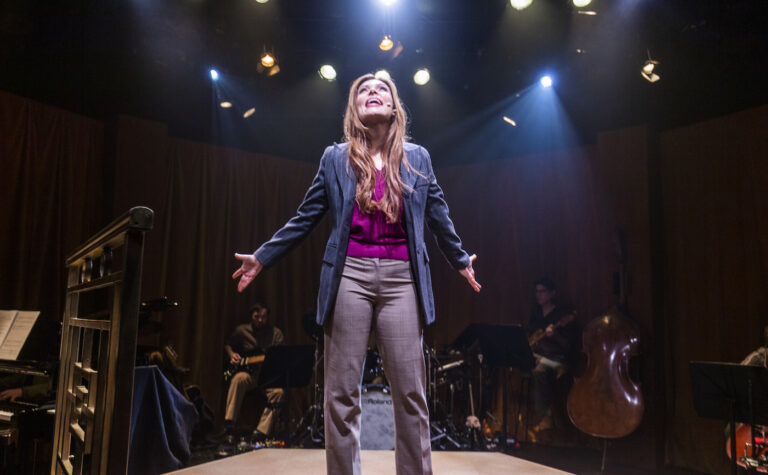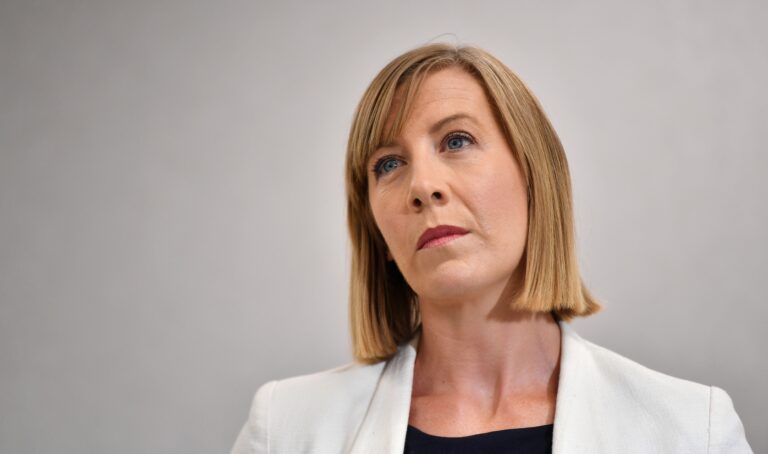
Woman Scream

By Angela Stretch
The screams of 36 year-old Mexican poet and activist Susana Chavez were not heard. Her face had been taped, head bagged, body raped and neck strangled by three intoxicated 17-year-olds. Her left hand was sawn off in the hope that police would interpret the murder as drug-related.
Lasara, her 99 year-old mother, raised the alarm by asking her brother Alfonzo to go to the mortuary to find out what bodies had been brought in overnight. She herself bought a morning newspaper from a nearby seller on the way to the local police station to report her daughter missing on January 6, 2011. The newspaper headline read: Two Women this Morning.
At the age of 20, Susana stepped on to a stage during an arts festival and read her poems for two hours. Her words were a response to the unsolved women’s murders in Juarez, the epicentre of the drug wars in Mexico. Her slogan ‘not one more death’ proved to be one driven by necessity.
The mountainous region known as Mexico’s Golden Triangle, famous for its marijuana and poppy crops, is on the southern part of the state of Juarez. The state has one of the highest homicides rates in the world. The main groups fighting for the region are the Sinaloa Cartel and the Juarez Cartel. Joaquin El Chapo Guzman, the Mexican drug lord, was recently arrested in the northern Mexican state of Sinaloa.
The chaotic environment surrounding the border crossings of Mexico’s drug producers and drug-trafficking groups ensures that the violence is increasing yet again.
In March, more than 30 countries will deliver messages of respect, self-esteem and non-violence against women, through artwork, poetry and cultural activities.
Sydney will add its vibrations in an inaugural event, the Woman Scream International Poetry Festival.
Founded in 2011 in honour of Susana, the festival coincides with International Women’s Day, this Saturday March 8. Poets, musicians and artists are encouraged to submit their works.
In culture, screams assert themselves. They press on the listener’s consciousness in the way that pain presses on the consciousness of the person hurt. They demand urgent or empathetic responses. It may be for that reason that artistic screams, or images of the human scream, continue to signal alarm and warn of danger.
When women scream, the world must listen.
The writer is a co-ordinator of s h e Sydney poetry
~
s h e Sydney Poetry, 8 Mar, Kings Cross Library, 50- 52 Darlinghurst St, Kings Cross, Free
Women on Boards Art Competition, 8-16 Mar, TAP Gallery, 45 Burton St, Darlinghurst, Free, tapgallery.org.au/category/art-prize/
Woman Scream, 29 Mar, Red Rattler Theatre, 6 Faversham St, Marrickville, $7-10, redrattler.org/event/707/Woman+Scream+International+Poetry+Festival









